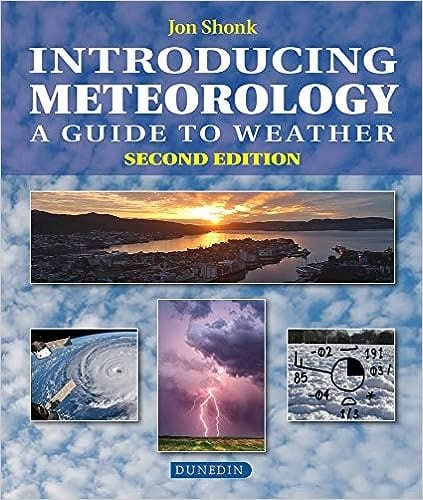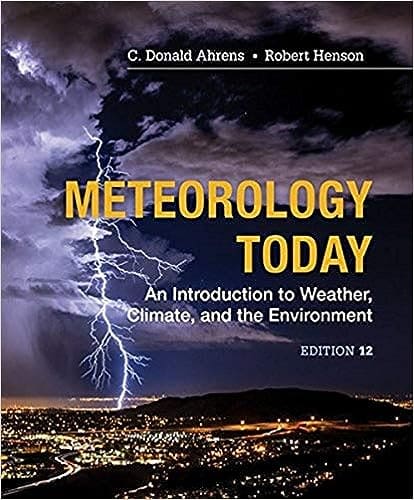Definition
Meteorology is the scientific study of the atmosphere that focuses on weather processes and forecasting.
Expanded Explanation
Meteorology encompasses the study of the atmosphere and its phenomena, including weather events and climate trends. The field involves both observation and prediction of weather patterns, using scientific principles and technology.
Importance
It is essential for weather forecasting, which has wide-ranging implications from daily life planning to aviation, maritime activities, agriculture, and disaster management.
Context and Usage
It is primarily used for weather prediction. However, it also plays a crucial role in understanding climate change, air pollution, and other environmental issues.
Examples
- Example 1: Meteorologists use radar and satellite data to track and forecast weather systems like hurricanes and thunderstorms.
- Example 2: Weather forecasting, a direct application of meteorology, helps farmers plan their crop activities and aids in disaster management.
Understanding Meteorology
A common misconception is that it only involves weather forecasting. While this is a significant part of the field, meteorology also includes the study of atmospheric chemistry and physics, climatology, and interactions between the atmosphere and the Earth’s surface.
Related Glossary Terms
- Climatology: This term is related to meteorology as both involve the study of atmospheric conditions, but climatology focuses on long-term climate patterns.
- Hydrology: This field studies the distribution, movement, and properties of water in the atmosphere, a key component of meteorology.
Visual Aids for the Glossary Term
External Resources for Further Reading on the Glossary Term
Related Articles From Website
- Understanding Energy In The Human Body: And Why You Should Care
- Heat and Its Role in Climate Change: A Deep Dive

